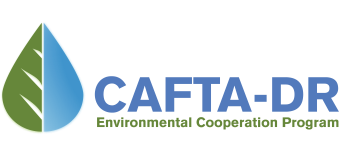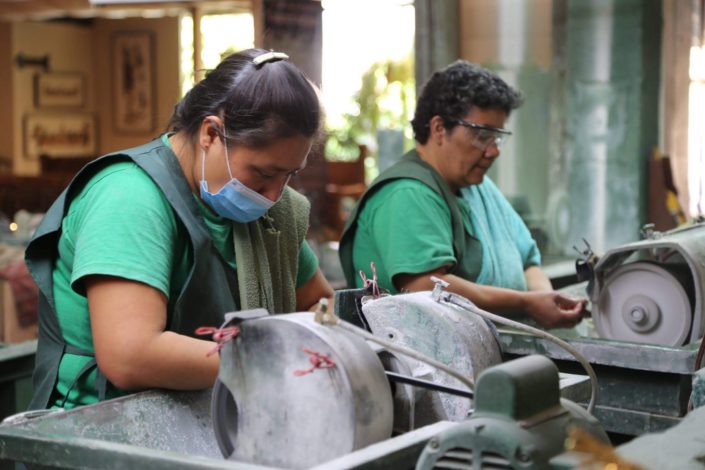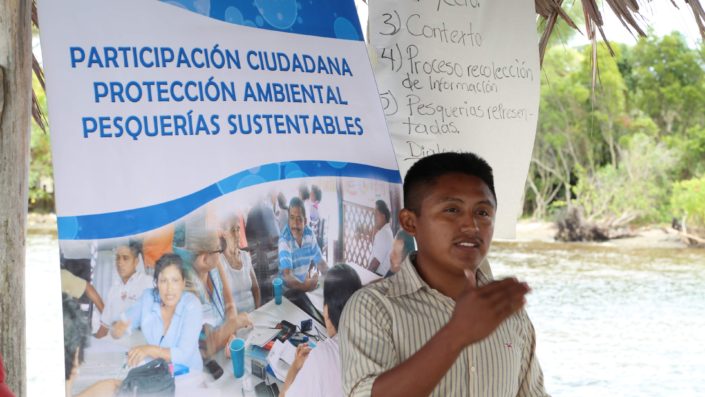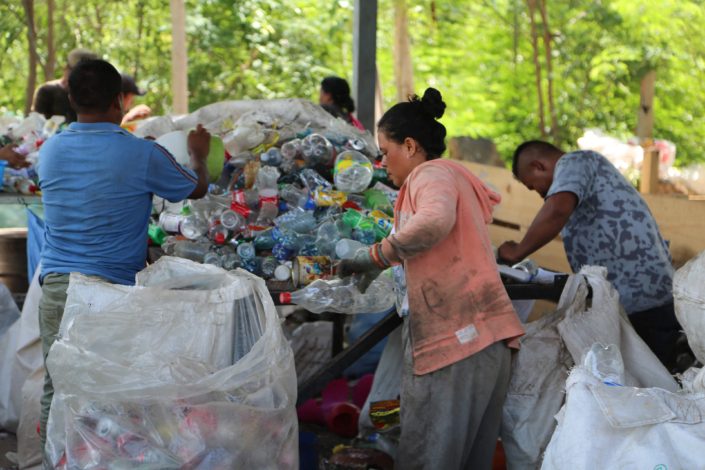The Environmental Cooperation Program works with financial institutions, enterprises and cleaner production centers to increase capacity, develop voluntary mechanisms for cleaner production and to provide incentives and recognition for companies using improved processes and technologies. Also the ECP promotes the adoption of clean production methods and environmental management systems to improve a company’s competitive advantage by reducing resource consumption and waste.

The Environmental Cooperation Program works to improve private sector environmental performance through:
- Cleaner production strategies and incentives
- Environmental Management Systems (EMS)
- Voluntary mechanisms and public-private partnerships
- Strengthened human resources and institutions in cleaner production and EMS.
Through the adoption of EMS and cleaner production initiatives, companies can improve environmental performance and regulatory compliance and reduce operating costs by preventing the generation or release of contaminants. Moreover, companies can improve their competitive advantage in the process by reducing resource consumption and waste. The Environmental Cooperation Program works with financial institutions, enterprises, and cleaner production centers to develop and promote financial incentives and high-profile awards that recognize enterprises that have effectively implemented cleaner production processes and technologies.

- CAFTA‑DR ECP supported more then 700 companies in cleaner production technologies.
- Nearly US$ 3 million in savings has been achieved through reduced waste and raw material use since 2007.
- The program has generated US$ 2.25 million in investments since 2007.
- Energy is the primary area for investments and savings by SMEs.
- Over 15,000 tons of greenhouse gas have been saved yearly as a result of CAFTA-DR ECP.
- Energy savings due to this program totaled 927,053 kWh a year.
- Water savings totaled 9,348,504 gallons a year.
- Solid waste reductions totaled 155 tons a year.
- Wastewater reductions totaled 1,329,504 gallons a year.
- Eleven universities have committed themselves to including cleaner production and EMS modules in undergraduate, graduate, and free courses to be delivered by more than 400 teachers.
- Nearly 100 professors, students and other stakeholders trained in cleaner production.




